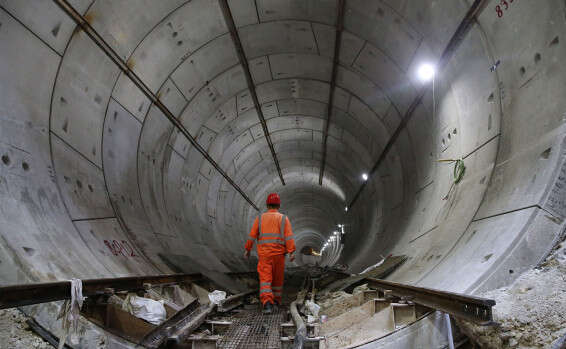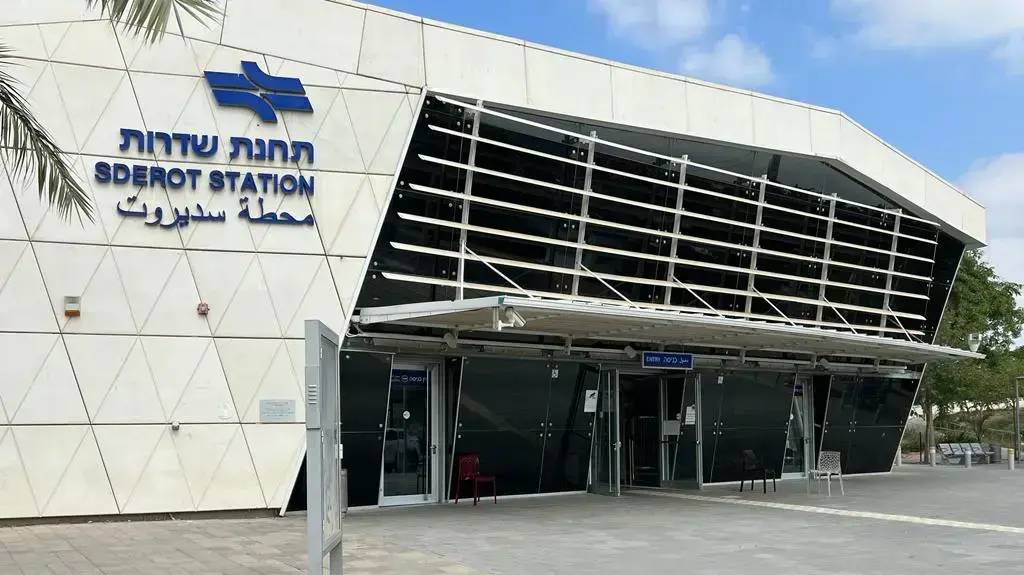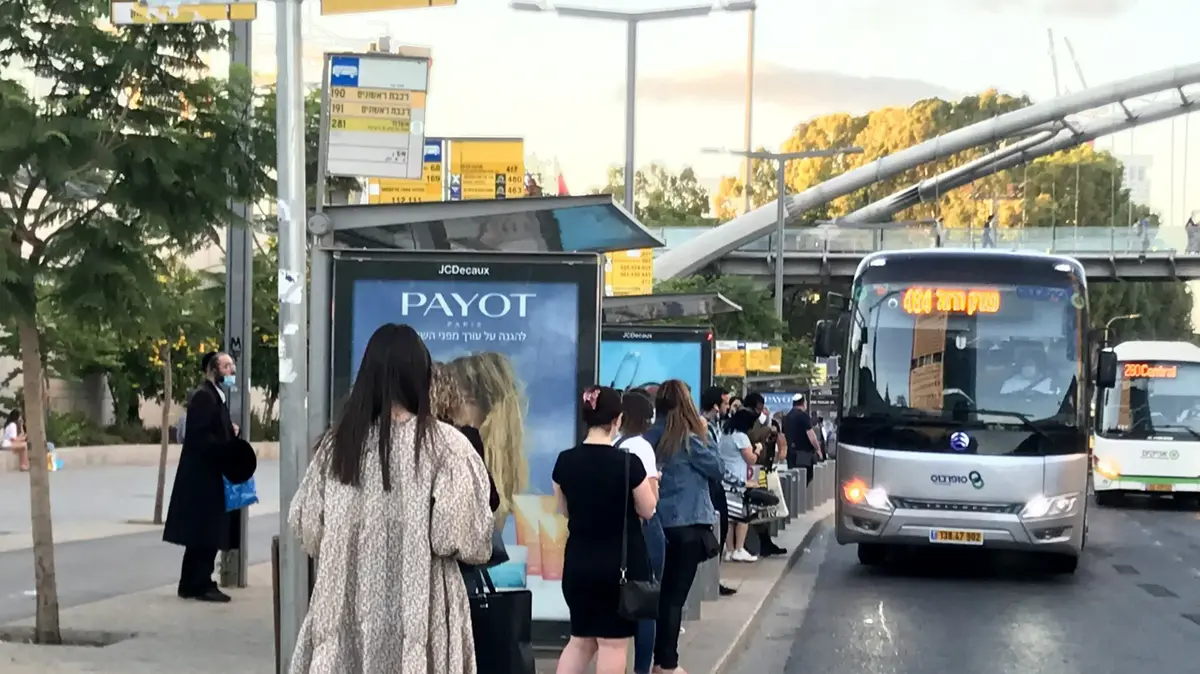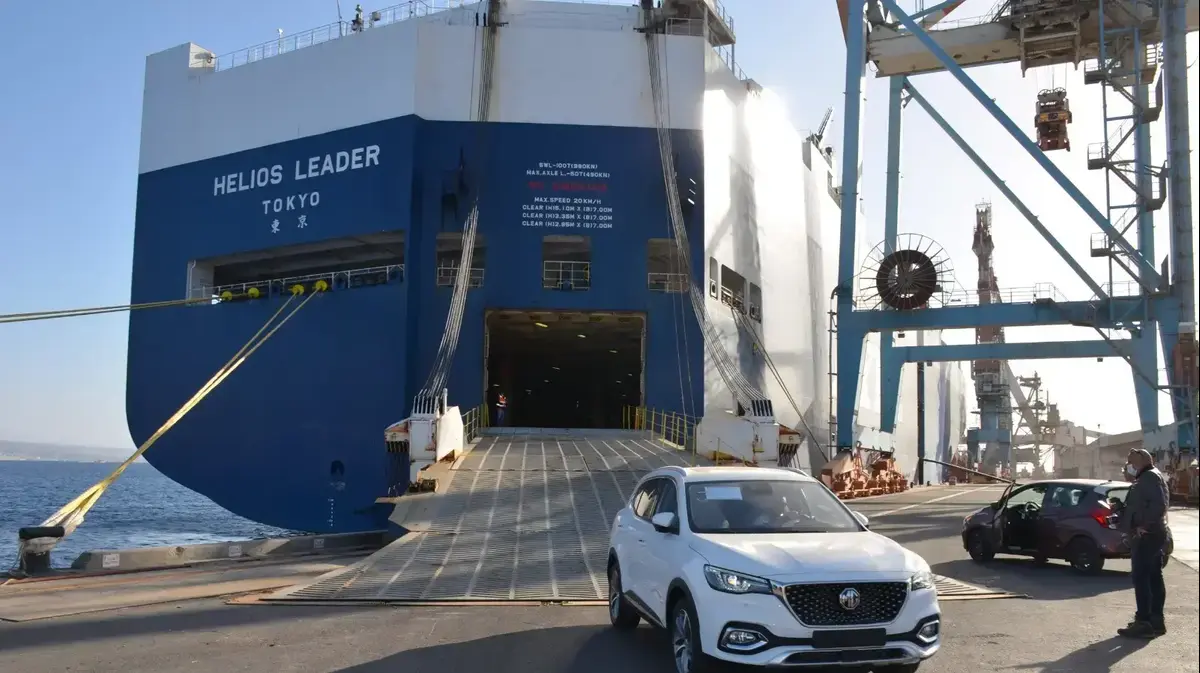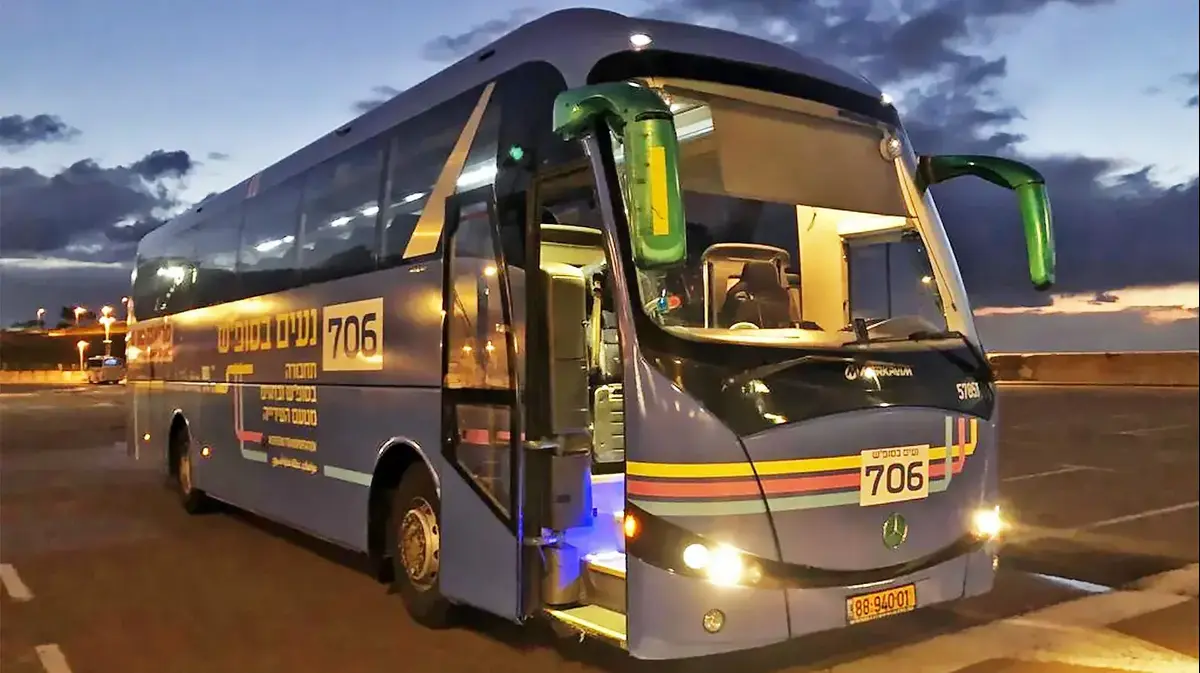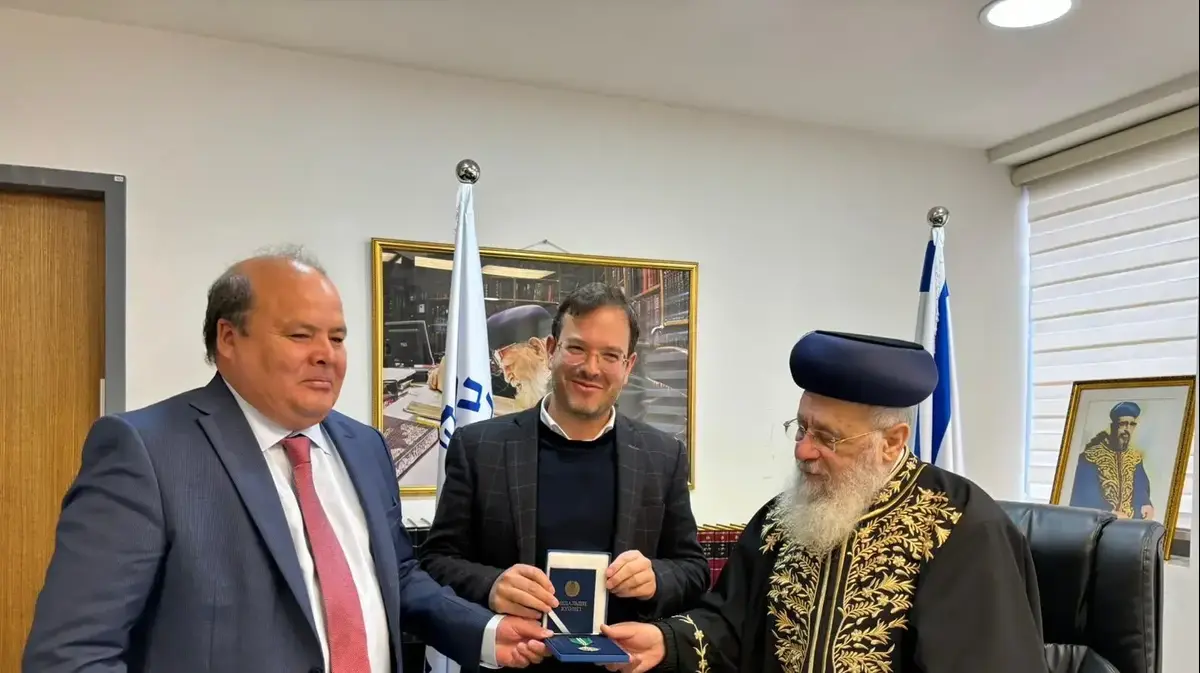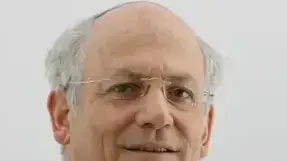Roads have been developed and upgraded • Public transportation has been reformed • And the TA from Tel Aviv has finally arrived in Jerusalem • And yet, the congestion on the roads from Man vanish - and burns billions • Transport decade: snapshot
Excavation of light rail in Tel Aviv // Photo: Yehoshua Yosef
Massive infrastructure development against road congestion, investment in rail between the two big cities and light rail content - facing the lack of practical solutions for public transportation in the rest of the country and opening up clusters for some new transport companies, the establishment of new seaports and an international airport near Eilat - in the face of severe criticism from the state comptroller.
The State of Israel's transport decade has recorded quite a few successes, but no effort should be made to find the points that need improvement. Some of the successes are due to decisions made in the previous decade, and some of the problems are already being addressed - but the fruits will probably only be seen in the coming decade. It should be noted that for almost the entire decade (from the beginning to June this year), the Minister of Transport was headed by Minister Israel Katz.
Minister Katz has led a policy of infrastructure development preference, which requires quite a bit of time, so that the road congestion problem has not yet been resolved. "The last decade in transportation was the era of infrastructure," explains Itay Haim, outgoing CEO of "Transportation on our Way" and digital knowledge management and platform consultant. "But in land transport - Katz's minister has a centralized policy, reversed from his sea and air policy, Where he had to open more possibilities for competition in existing monopolies. Katz refused to transfer operating powers from the Ministry of Transport to regional and metropolitan authorities, as requested by the Trachtenberg Commission in 2011 from the government. "
Former Infrastructure Development Minister Israel Katz preferred // Photo: Gideon Markovich
Tens of billions of shekels have been invested in developing new roads and upgrading existing ones. Among the roads being developed are: Route 1, which connects the two major cities of Tel Aviv and Jerusalem, Route 6 which was extended north and south, and Roads 5 and 38 which significantly expanded their travel time. Red roads, such as 65, have also been treated.
Today, attention is focused on the infamous Route 90 and also on Route 31, both of which have uninterrupted accidents. "If we were not developers and upgrades - the state would have been 'stuck'," the Ministry of Transport makes clear, "the improvements and the construction made more accessible to the north and south."
Accumulated value on a loaded card
Twenty new train stations have opened across the country in recent years - almost doubling what has existed so far. The express tram has already started a continuous journey from Jerusalem to Tel Aviv, after a series of delays and delays. Gush Dan entered the last line of the metro's first line - here again, after many postponements of the planned completion date - and work began on the development of the two additional lines that will serve the cities of the center of Tel Aviv.
The land was divided into areas and clusters, and in most cases the cost of travel fell. New transportation companies were up and winning tenders, so old veteran Egged and Dan had to go out - and streamline. Dozens of new lines began to operate and the Haifa Matron also solved some of the traffic congestion problem.
Light rail in Jerusalem // Photo: Oren Ben Hakon
However, the problem of public transport has not been solved. Traffic congestion and the lack of public transport routes, which give priority to public transport - make the use of public transport a matter that sometimes just doesn't pay off. Although some public relations committees were built around the big cities - but on the opening of a cooperative transport route, the new minister, Bezalel Smutrich, is responsible. On public transport prices, Minister Smutrich has already announced another plan to change the pricing method - an issue that he thinks will reduce travel and encourage citizens to use In this transport.
At the bottom of Western countries
The damage to the economy due to traffic congestion is considerable, which we reported extensively on "Israel Today". According to a study by the Knesset Research and Information Center, the annual damage to the economy as a result of road congestion is almost NIS 35 billion.
The Bank of Israel, the IMF and the OECD have long held that road congestion is Israel's most serious problem with other developed countries. According to estimates by academia economists, this damage is expected to amount to about NIS 74 billion in about a decade, and to about NIS 100 billion by 2040.
Standing in traffic // Photo: Joshua Yosef
The central conclusion of the OECD report is that a well-designed congestion fee system can alleviate existing traffic congestion. At the same time, improving public transport can help reduce congestion in the long run. Earnings from congestion fees can significantly help with public transport investment.
"Decreased by tens of percent"
Despite the Ministry of Transportation's activity, a recent state comptroller's report states that the ministry "does not serve as the main factor in promoting the public transportation industry, partly because of its malfunctions." He said, "The state has invested in roads and interchanges - and has forgotten public transport. Buses are the main means of public transportation in Israel, and they are the mainstay of mass transit. "
In addition, according to the state comptroller, in 2017 there were approximately 2.86 million private vehicles on Israel's roads, which is approximately 324.8 vehicles per 1,000 residents. State revenues from taxation in the automotive sector amounted to NIS 41.4 billion in 2016, and his view, "The high number of vehicles traveling on average passenger kilometers (km) along the relatively limited number of Israeli roads, means that traffic density is higher in OECD countries, 3.5 times "The density of private road traffic, combined with unsatisfactory public transport services, is causing damage to both the economy and the company."
Load in the train system // Photo: Joshua Yosef
Ministry of Transport reference: "The Ministry of Transport is currently promoting transportation projects of more than NIS 100 billion, designed to deal with traffic congestion and fundamentally change the reality of transportation in Israel. Each year, the Ministry invests more than half a billion in public transport tariff reform. Public transportation rates throughout the country, and for the first time in the history of the country, allowed free transit between all public transportation in Israel: buses, Israel Railways, light rail and metro and soon also the service taxis.
"Construction of Israel's new sea ports, in Haifa and Ashdod, is progressing in March towards future competition that will drive down prices for imported products. We have approved the Government's Car Services Licensing Act, which is a major reform in all areas of garages and vehicle maintenance, and is expected to significantly save households' car expenses. Licensing reforms are designed to shorten waiting times and streamline service to the citizen. "

